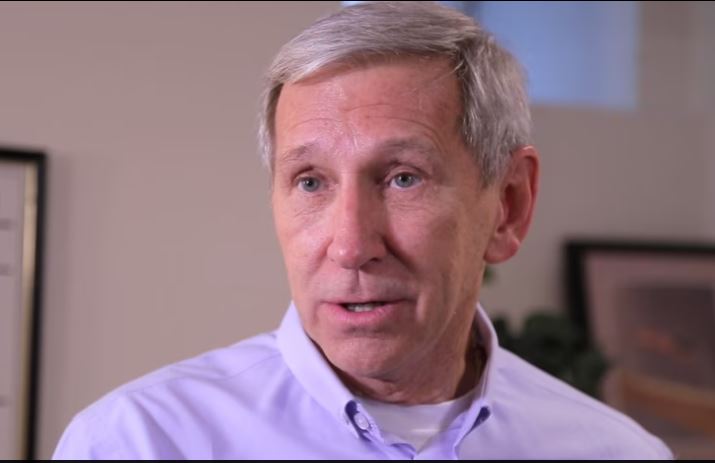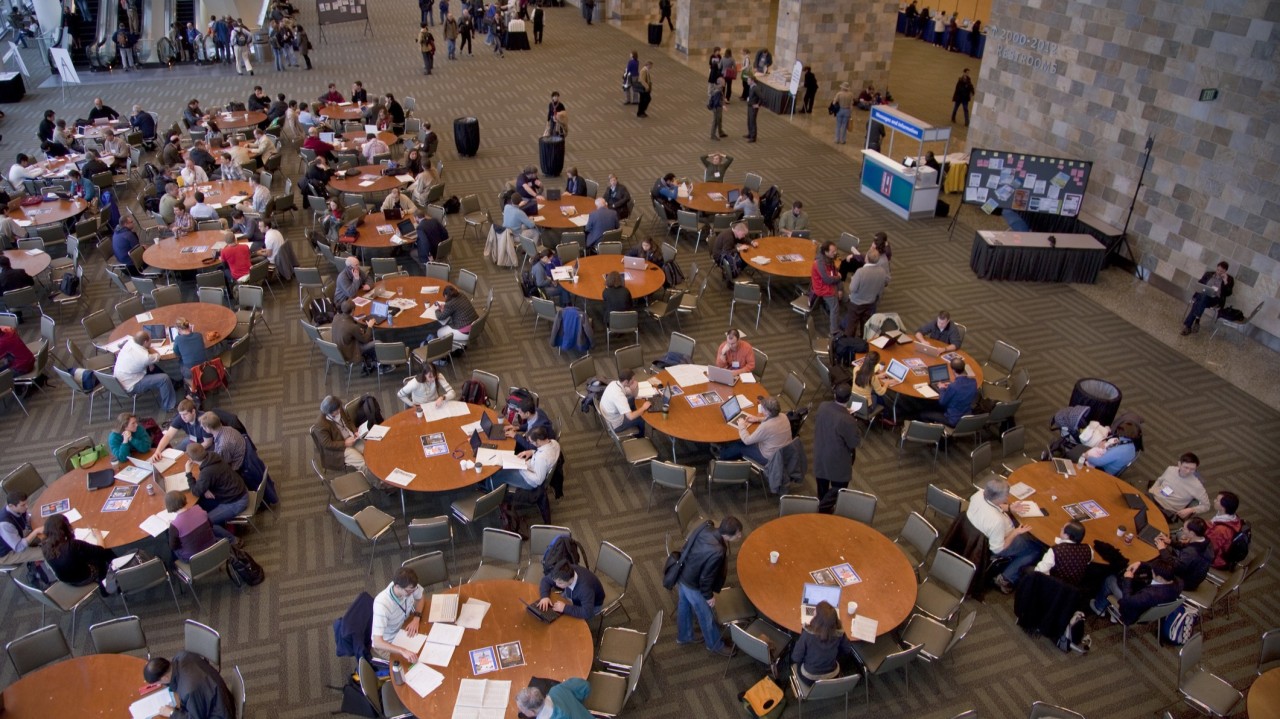Yes, you read that correctly. Television can promote the fear of speaking. Several years ago we did a research study to discover if TV had any role to play in the fear of speaking that adults experience. The study was done with 100, randomly chosen adults from a variety of occupations. Suffering from fear of speaking was not a prerequisite to participation in the study. In fact, it was not even mentioned. We simply included in the list of 20 questions which were asked.
The interesting information we received led us to the conclusion that
watching TV as a child, an adolescent , and as a young adult did play a role in the development of fear of speaking.
I realize that normally we might think of the causes being more related to a mean teacher, a dominant parent, or a traumatic event. All of these are certainly plausible. As you think about them you note something common to each . In each situation, there is “interaction” between two or more people. In each situation, the individual is in an active relationship with another person. But , TV?
TV is a passive activity, right? That is, in days gone by, TV was only a passive experience. You sat and watched and listened. There was not “interaction”, per se. How then, could this seemingly passive, most entertaining experience cause the fear of speaking? Let’s recall that in years gone by, and, although less, still today, the majority of programing is intended for entertainment. It is dominated by situation comedies, and drama shows. There is almost always a central character or several. There is almost a “problem” or “situation” draws the main character(s) into it. “Double trouble, boil and trouble”. It’s always “serious”. But, somehow, low and behold before the end of he program the problem is solved , the main character(s) are happy , or at least, satisfied.
Now, let’s take a step back from this all too familiar scenario. What has happened and how can this be extrapolated in fear of speaking. The interesting data collected in the study tells us that individuals who developed a fear of speaking as adults had several if not many negative experience in their “real life” when they attempted to do what, say what, act like their favorite “tv character”. The tv character, “seemed so real”, “experienced the same thing in my life”, “said what I wanted to say, only better”. Of course, this naively overlooks the reality of TV , which is that it is scripted – unlike real life. It has re-takes when mis statements are made – unlike real life. It has mood music – unlike real life. It has camera angles – unlike real life. It has laugh tracks – unlike real life. It has professional actors – unlike real life. Of course, when an individual tries to emulate the clever lines, the cute behavior, the suave appearance, and it fails or worse, is laughed at as being silly or bufoonish, now we have the seeds of fear of speaking. Before you pass this off as …”duh”, of course it’s not real, listen to how you and your friends discuss the TV you watch. Have you ever thought about or tried to emulate something you saw on TV? The seed has been planted.




